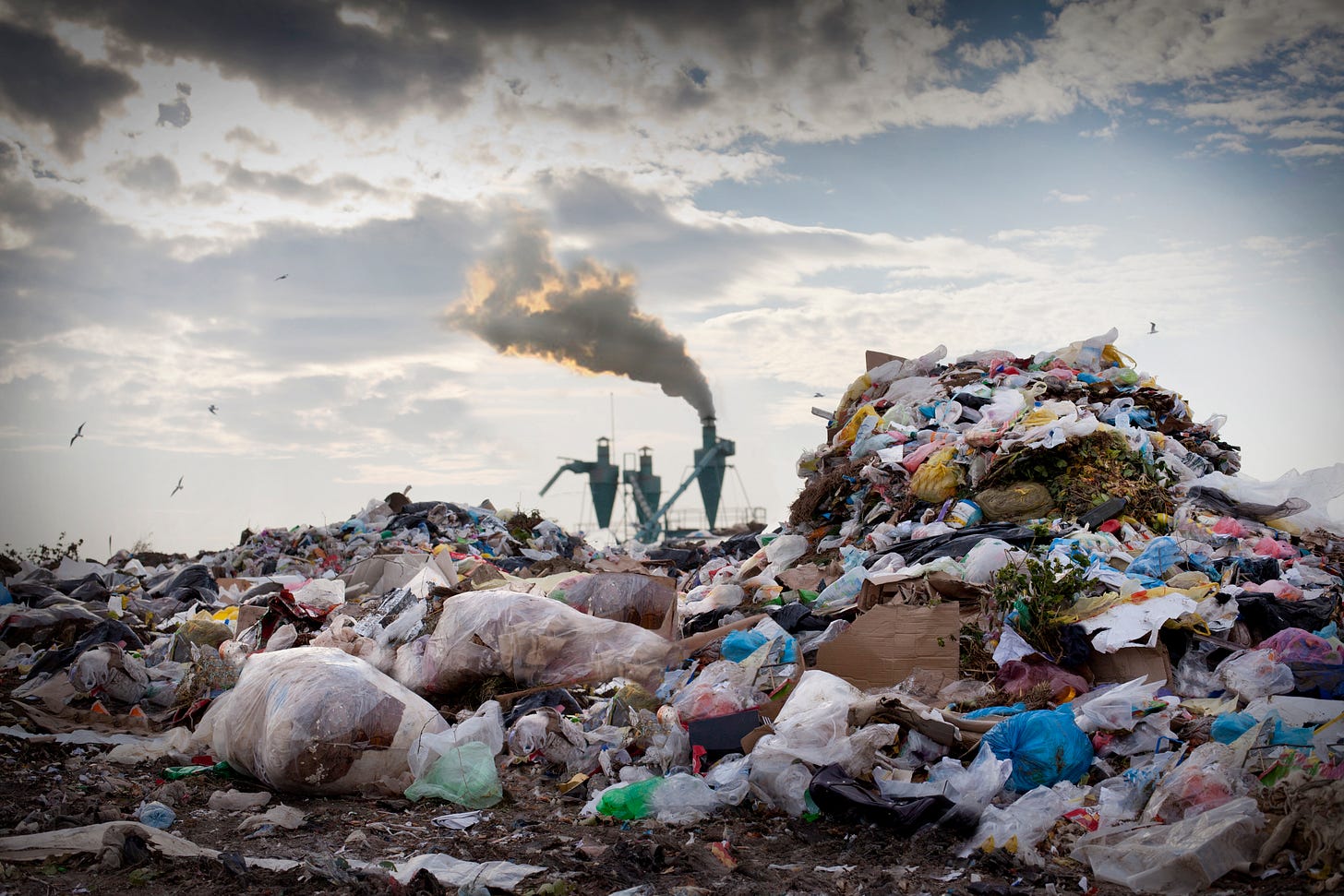Plastic Accounting 101: How Your Brand Can Take Action
by Noah Godfrey
This article is guest written by Noah Godfrey, Co-Founder of Ampliphi. Images are own.
Plastics are incredibly versatile. Amongst other benefits, they have the advantage of minimising transport weight and extending the shelf life of food products. Because few alternative materials guarantee the same level of product safety and quality, uninformed material substitution can cause unintended consequences.
While barriers for switching away from plastics clearly exist, companies need to place a stronger emphasis on keeping them in the loop. In order to accelerate a circular economy, creating transparency and joining forces are key. Transparency is the cornerstone of informed decision-making, and collaborative efforts can help relieve pressure from overstrained waste management systems and accelerate circular innovations.
The Pressure is Rising
Companies are increasingly pressured by investors, consumers, and policymakers to take environmental action. For consumer brands specifically, the negative impacts of plastic pollution continue to enter the limelight, revealing the urgent need for action.
Every year, we produce nearly 359 million tons of plastics. But instead of reusing or recycling them, 91% are incinerated, landfilled, or end up in nature. Future outlooks are not much more encouraging: plastic production is expected to double over the next two decades, recycling rates have stagnated, and reuse systems remain scarce.
As most plastics are composed of fossil fuels, the plastic industry’s greenhouse gas contribution is nearly unrivalled, expected to exceed coal’s carbon footprint by 2030. As more companies pledge to achieve net-zero emissions, reducing their plastic footprint is as important as ever.
Unfortunately, many consumer brands struggle to determine the best course of action to reduce their plastic footprint. The complexity of proper measurement and implementation of circular initiatives has created a major stumbling block.
Leaders in the fast-moving consumer goods industry (FMCG) are bracing themselves for difficult times. There are various avenues for taking environmental action, but most companies are left rudderless to navigate these uncharted waters. If we want to turn the tide on plastics, business leaders need a new approach to address their plastic footprint. To help companies chart the best course of action, the concept of plastic accounting has emerged.
Introducing Plastic Accounting
Plastic accounting supports the movement against plastic pollution and simultaneously accelerates a circular economy.
In essence, plastic accounting is a new domain of environmental accounting. It refers to the process used to measure the negative impacts of plastic pollution that can be associated with a company. Currently, measuring a company's plastic footprint without the help of an external consultancy can be tricky. There is no standard approach to follow.
As a result, plastic accounting platforms have developed scientific methodologies to uncover insights and develop actionable plastic reduction strategies. In addition, the automated nature of these platforms allows companies to seamlessly calculate their unique plastic footprint and design a pathway for reduction.
Specifically for consumer goods brands whose products and operations heavily rely on plastics, measuring their unique plastic footprint can serve as a necessary first step to help them achieve a circular, low-carbon business strategy. Plastic accounting platforms take advantage of the in-depth analysis done for each company and act as consultants to give brands a holistic strategy to reduce their plastic footprint. Not only do they devise a short-term strategy, but they also enable brands to set a highly actionable environmental action plan. Fortunately, a future without plastic pollution is possible. Solutions exist; they simply need to be implemented and scaled.
Collaboration Is Key
Plastic accounting is one key facet to help reduce the world's dependence on fossil fuels and stimulate a circular economy, but it should also be seen as a piece of the puzzle. If our world is going to get serious about environmental stewardship, we need to take a holistic approach. Not only should a business calculate its plastic footprint, but it should also measure and manage its wider environmental footprint.
Additionally, supporting global and regional legislation promoting plastic reduction policies helps cement a brand's position as an industry thought leader. We need a global call to action to set binding production caps and circularity targets while ensuring an equal playing field.
Instead of blaming plastic producers and legislators, we have to acknowledge that we're all in this together. The UN treaty on plastic pollution offers a promising opportunity to bring industry leaders, policymakers, and activists together. To date, over 100 countries support the launch of UN negotiations for a new global treaty on plastic pollution in 2022. After all, if we want to go far, we have to collaborate.
While this all may seem like a daunting task, there are existing platforms and resources to help your company be part of a sustainable future. It is important to decide which initiative will have the largest impact and take incremental steps toward a holistic strategy. And above all, make sure your initiatives are science-based and transparent.
About The Author: Noah Godfrey is a Co-Founder of Ampliphi and a lifelong advocate for plastic action. As an eternal optimist, he is driven to push the boundaries of collaboration and creativity to achieve a world with much less waste.




